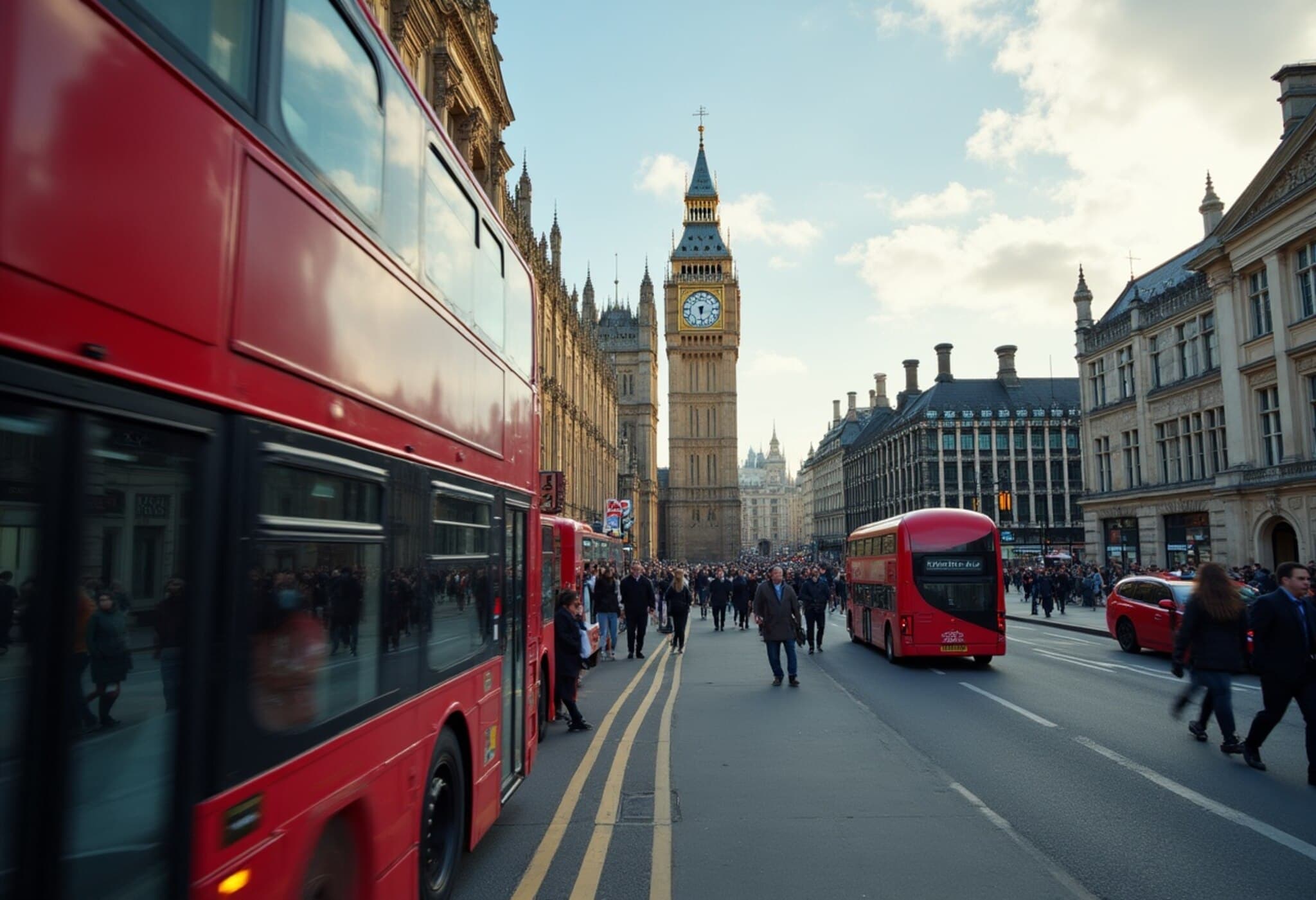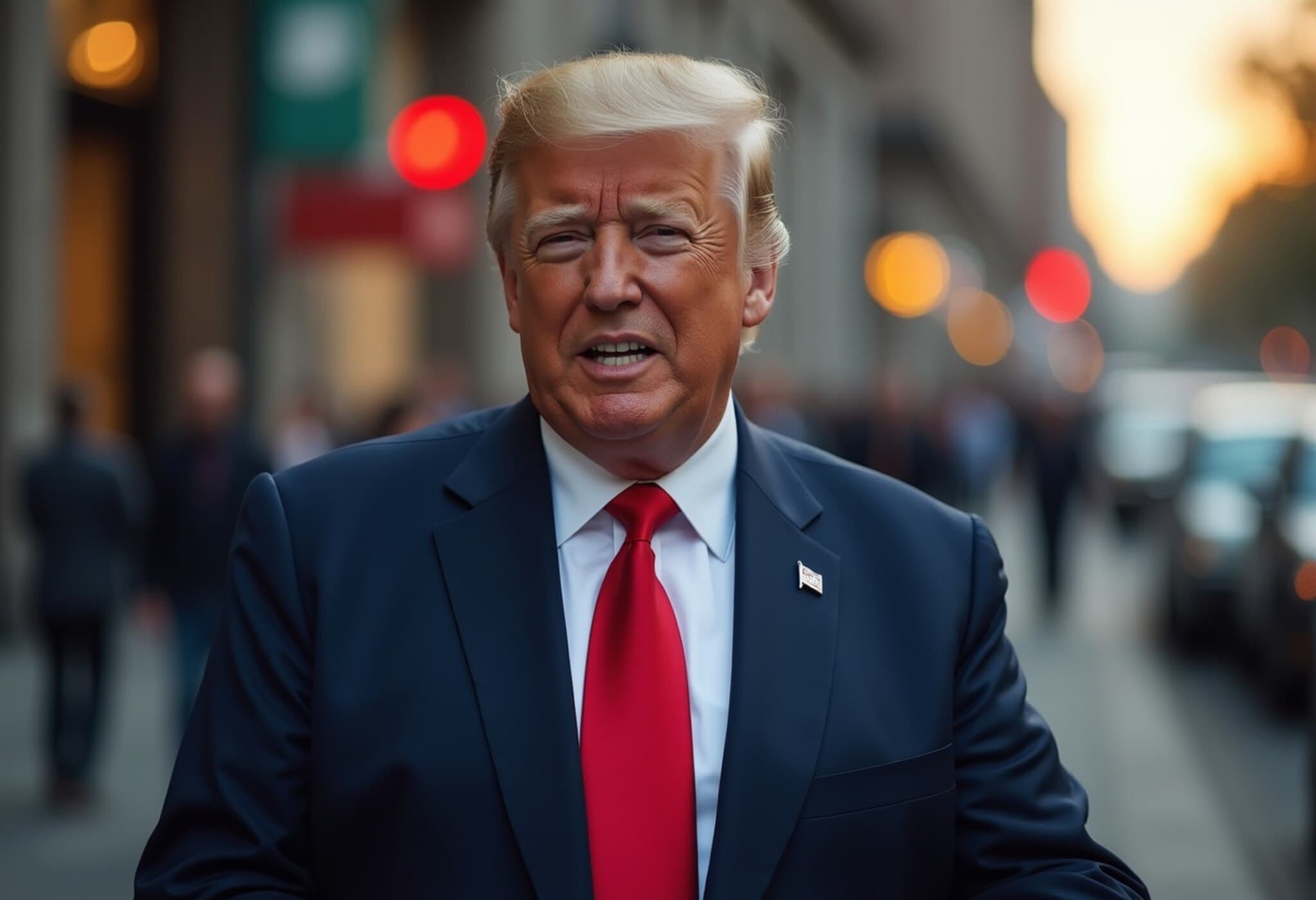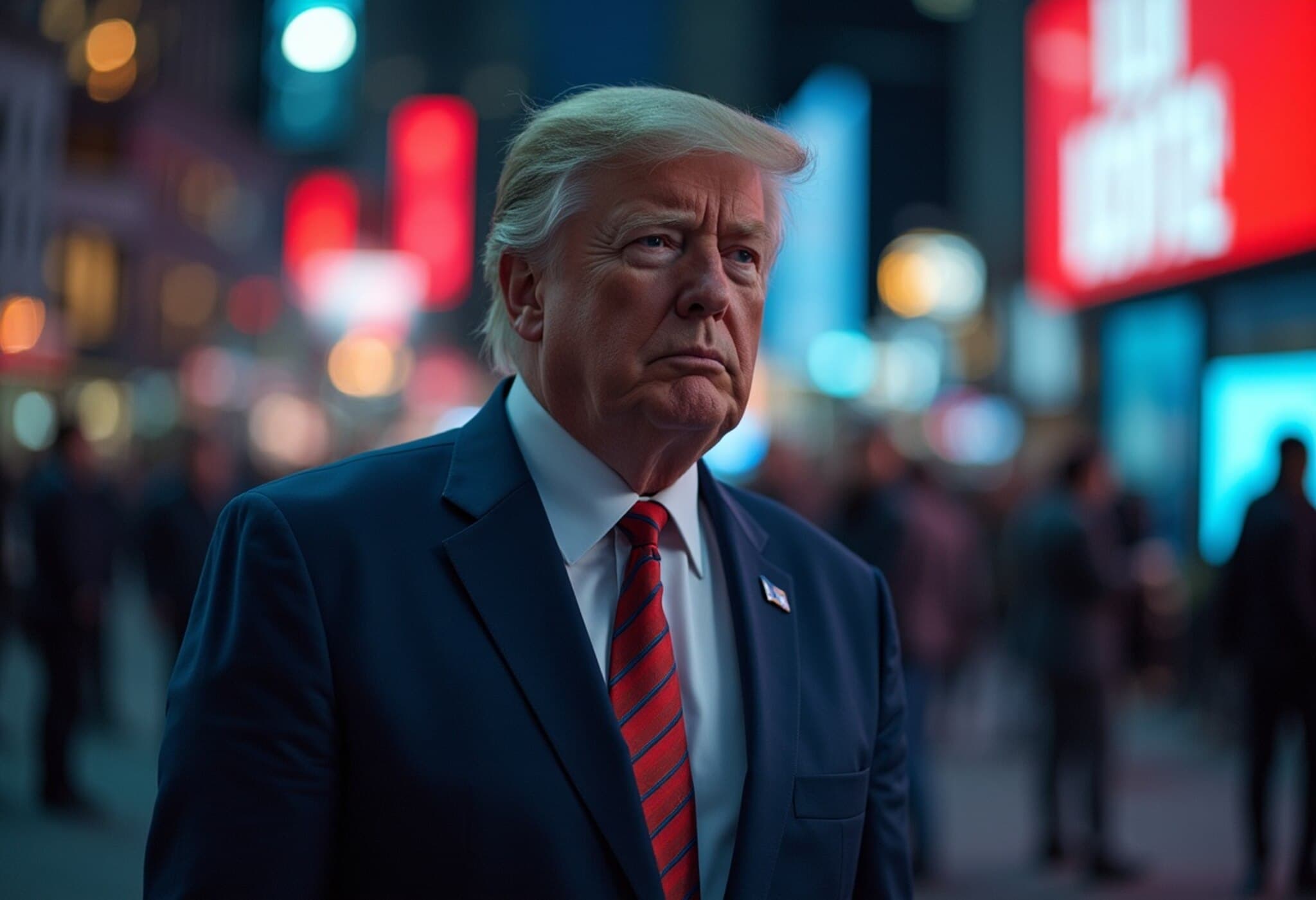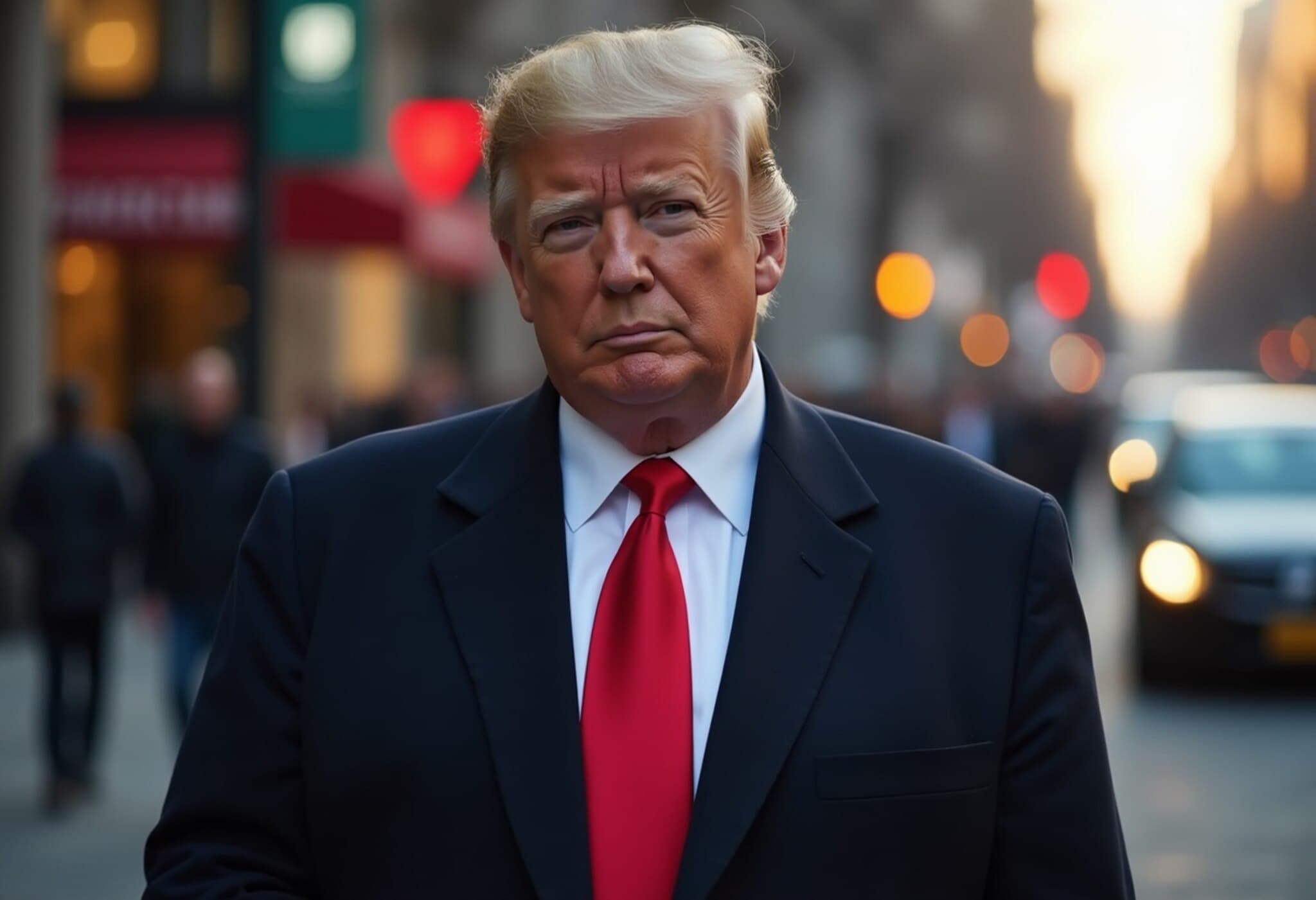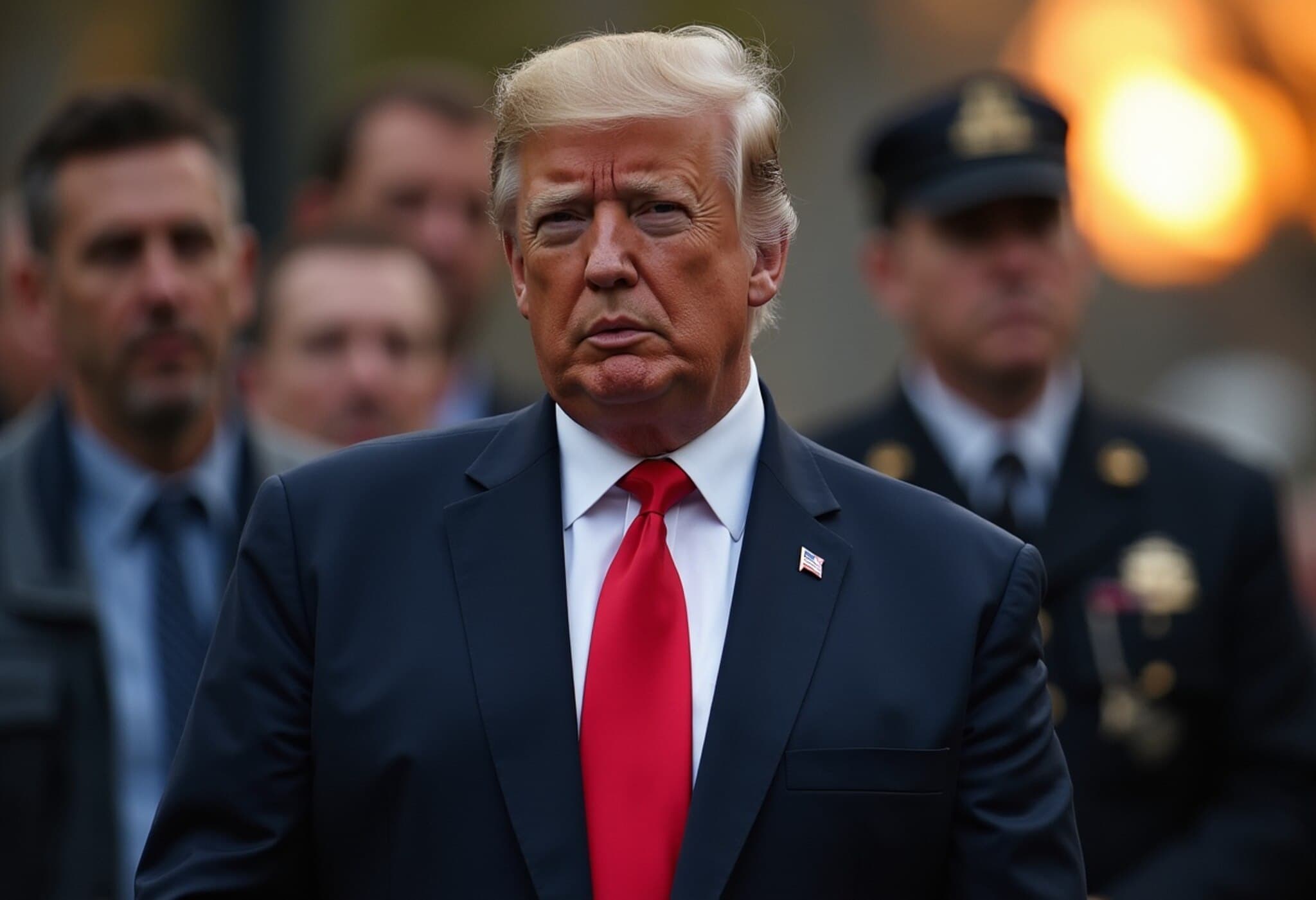Is London Losing Its Economical and Cultural Spark?
Once hailed as the crown jewel of the United Kingdom—both culturally and economically—London has recently faced growing challenges that raise questions about its enduring global allure. High living costs, shifting tax policies targeting the ultra-wealthy, and a post-pandemic reevaluation of city life are causing a noticeable exodus of millionaires, workers, and businesses alike, sparking debate about whether London is losing its sparkle.
The Cost of Living and the Flight of the Wealthy
London’s soaring rents and elevated living expenses have made it increasingly difficult for many residents to sustain a comfortable quality of life. This financial squeeze coincides with the government’s recent overhaul of tax rules affecting the "non-dom" status—a designation enjoyed by many wealthy foreign residents—which has prompted some of the super rich to relocate assets or themselves to friendlier fiscal jurisdictions.
This dual pressure, on both everyday workers and affluent elites, has resulted in a demographic shift that threatens the city’s vibrancy and economic base. But is this evidence of long-term decline or temporary adjustment?
Industry Decline or Transformation?
Bill Blain, an experienced market strategist and author, offers a sobering perspective about London's financial sector. He laments how London’s financial districts—like the City of London and Canary Wharf—have lost their historic energy and stature. Notably, many significant investment banks and private capital firms now bear American flags rather than British. According to Blain, the capital's famed resilience has waned: "London’s relevance is dwindling rapidly." He attributes this partly to over-regulation and bureaucracy, which stifle frontline financial activity.
Blain also highlights political instability, especially following the tumultuous Brexit process and questions over governmental competence, as factors eroding investor confidence. His critique touches on a broader issue of whether the UK government’s policies and governance can maintain London’s edge in a fiercely competitive global city market.
London’s Unyielding Foundations and Future Potential
Yet, not all experts share this pessimistic outlook. Barret Kupelian, chief UK economist at PwC, underscores London's enduring strengths: a robust rule of law, a rich cultural fabric, unparalleled diversity, and vital infrastructure. These elements continue to make London a magnet for global talent and investment.
“The fundamentals that make London unique haven’t changed dramatically. London remains a hub for innovation, business regulation, and a strategic time zone,” Kupelian explains.
Interestingly, while London's traditional goods exports are stagnating—hampered by tariffs and trade friction—service exports, particularly business services, are on the rise, signaling a possible shift in economic drivers. Financial services, long deemed London's crown jewel, remain vital but are no longer the sole engine of growth.
Challenges in Livability and Infrastructure
Despite economic steadiness, PwC’s collaboration with pollster Demos reveals London struggles with affordability and quality of life. Issues such as sky-high housing costs, congested and aging public transport systems, and general infrastructure stress continue to plague the city. Commuters can attest to the cramped conditions on the Central Line and other tubes—an emblematic daily trial highlighting broader urban pressures.
Intense Global Competition Among World Cities
Kupelian emphasizes that London's challenges are compounded by fierce competition among global metropolises such as New York, Paris, Singapore, Beijing, and Tokyo. To thrive, London must critically evaluate its policies and infrastructure compared to these peers.
Nevertheless, expert consensus suggests that London does not require radical reinvention. Instead, targeted, strategic interventions focusing on regulatory quality, infrastructure enhancement, and maintaining its cultural and legal strengths could keep the city vibrant and competitive.
Key Takeaways and Looking Ahead
- Economic Shifts: London’s financial sector faces significant challenges but continues adapting with expanding business services.
- Population Dynamics: Rising costs drive both affluent and working residents outward, affecting the city's demographic and economic mix.
- Urban Struggles: Livability issues such as housing affordability and transport infrastructure require urgent attention.
- Global Rivalry: The city must innovate to retain its place among the top-tier global metropolises.
Editor’s Note
London stands at a crossroads—balancing historic strengths with emerging challenges. The exodus of millionaires and shifts in industry spotlight important questions: Can London recalibrate its identity and policy priorities to remain a leading global city? Will targeted reforms and investment in infrastructure restore the quality of life Londoners crave? These developments unfold against a backdrop of worldwide urban competition, making London’s trajectory a case study in resilience and reinvention. Our evolving global cities will be worth watching closely in the years ahead.

